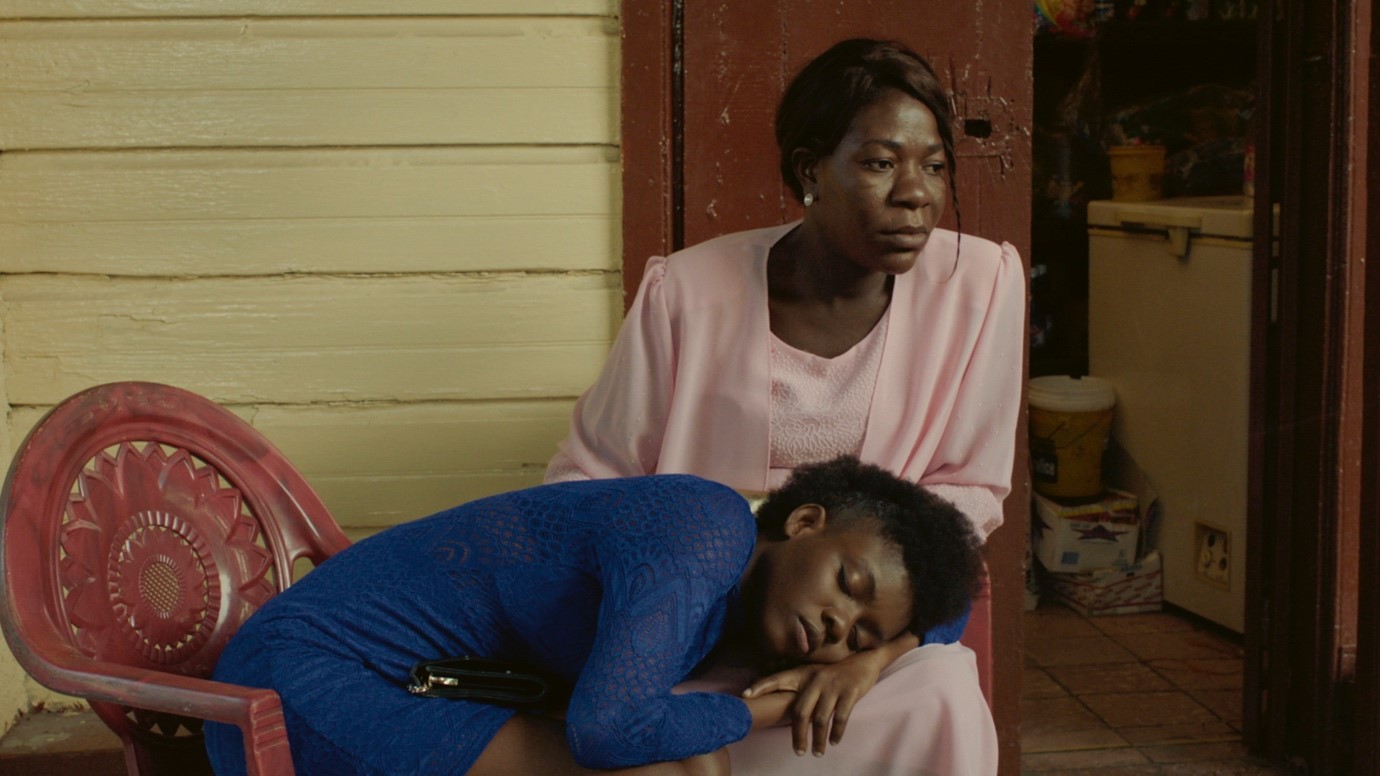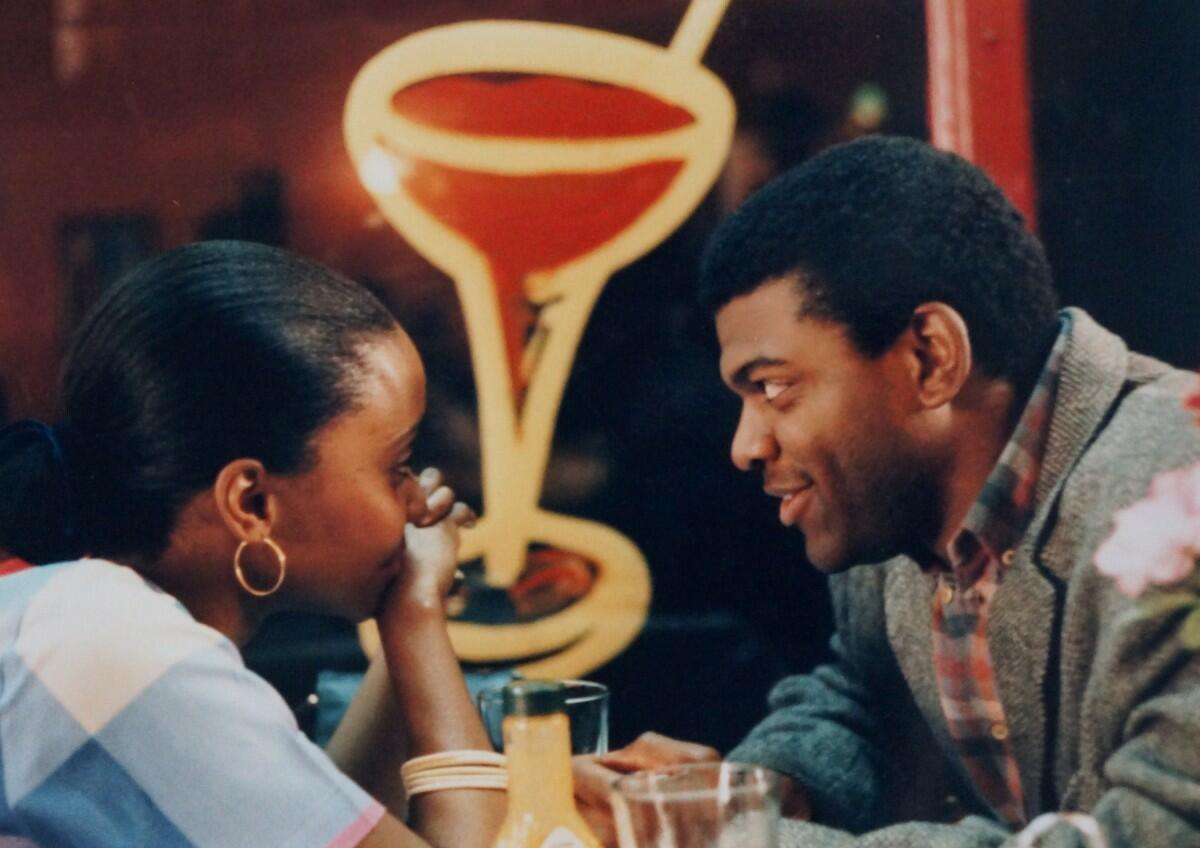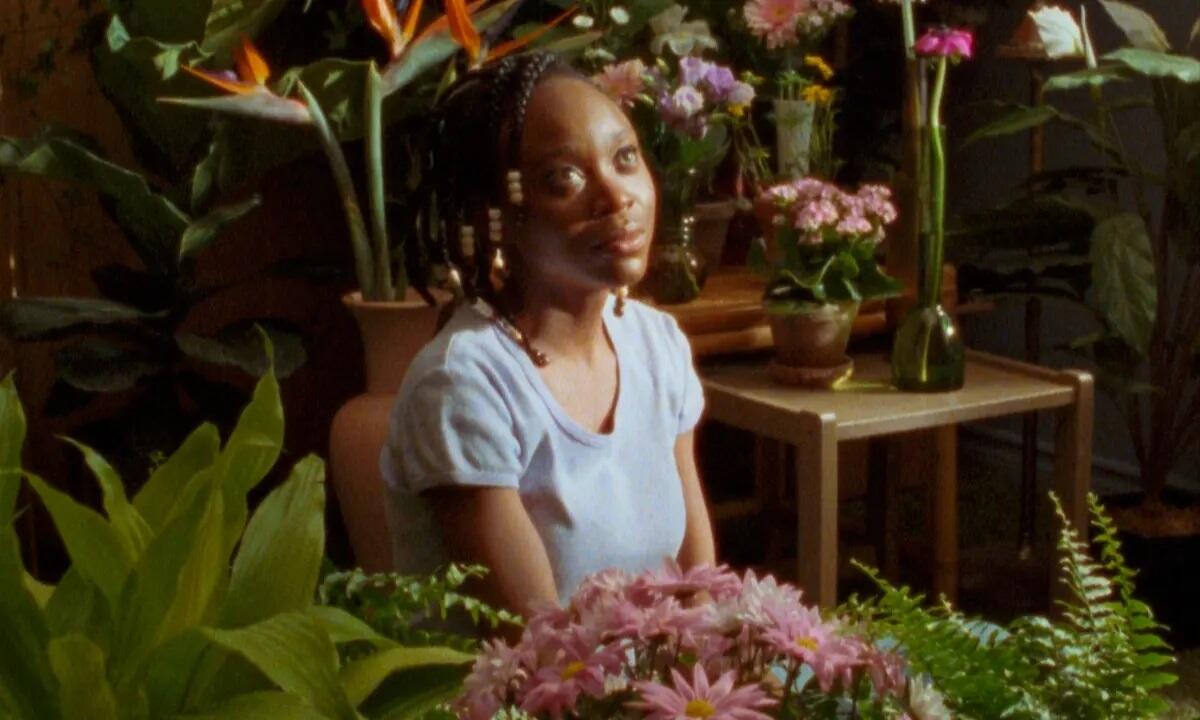A celebration of this country repeatedly punished by its history will take place between October 18 and 31, exploring how artists and filmmakers have responded to the country’s culture, history and resistance over seven decades. This is a unique opportunity to learn about filmmaking, which once was not a priority in the face of the country’s daily challenges.

Sarah Harvey
The event is organised by Barbican Cinema and includes in its programme films, poetry readings and discussions celebrating the beauty and complexity of Haiti.
Visions of Haiti offers a rare chance to see films about the country and by the country’s filmmakers, offering an authentic and multifaceted portrayal of this Caribbean nation.
The season covers some 70 years of material from the 1930s travelogues of Rudy Burckhard to award-winning contemporary Haitian born filmmakers and Esery Mondesir. Gessica Généus and Miryam Charles.
Visions of Haiti opens with a double-bill screening: “A fortress/Une forteresse” by Haitian born, Canadian writer-director Miryam Charles, paired with “White zombie” by Victor Halperin, considered to be Hollywood’s first Zombie film; both films explore the ghosts of Haiti’s colonial past in very different ways, channelling elements of the country’s Vodou religion. This event opens with newly commissioned poetry readings by alumni from Barbican Young Poets. Later in the series, Miryam Charles’ debut feature “Cette maison” will screen preceded by a poetry reading by poet and artist Esme Allman.

Outsider Lenses features three works by filmmakers based in the USA, which all aim to document and understand the customs and everyday life of the Haitian communities they encounter: “Haiti” (1938) by Rudy Burckhardt; the ground-breaking documentary “Divine horsemen: The living gods of Haiti” (1954) by Maya Deren; and “Chants and dances for hand” (1991-2016) by Larry Gottheim.
Also screening are: “Haití: The way to freedom / Ayiti men chimin libete”, a militant film from one of Haiti’s most famed documentarians, Arnold Antonin, which is considered to be the first Haitian feature– length film; and Raoul Peck’s debut film “Haitian corner” (1988), which tells the story of a Haitian migrant who having left his home country, is haunted by the memories of his imprisonment and seeks revenge on his tormenter.
For Matthew Barrington, Barbican Cinema curator, “There have been many interesting works made by Haitian filmmakers or artists responding to elements of Haitian culture over the years, but there’s never really been much focus on them; that’s why I wanted to create this season.

He explains that one reason for these stories being often overlooked can “be traced back to the Haitian Revolution (1791-1804), which saw slaves in the country, led by Toussaint Louverture, rise up against their French colonisers and take power for themselves, leading to it becoming the first country to be founded by former slaves. But, fearing other revolts, many European powers ostracised the nation and burdened it with enormous debts, leaving the population in financial difficulties – a legacy that continues today.”
‘It’s a country which has been repeatedly punished for its history. After the revolution, one of the biggest issues was that the country had to pay France a huge sum of money for its freedom, which took 122 years to settle. Barrington says that, over the years, huge amounts of resources have been extracted from the country, creating instability. As a result, domestic cinema production was not really a priority in the face of day-to-day challenges”.
To see the full programme of screenings click here. For more information click here.
(Photos supplied by de Press Office – Sara Harvey)












.jpg)












